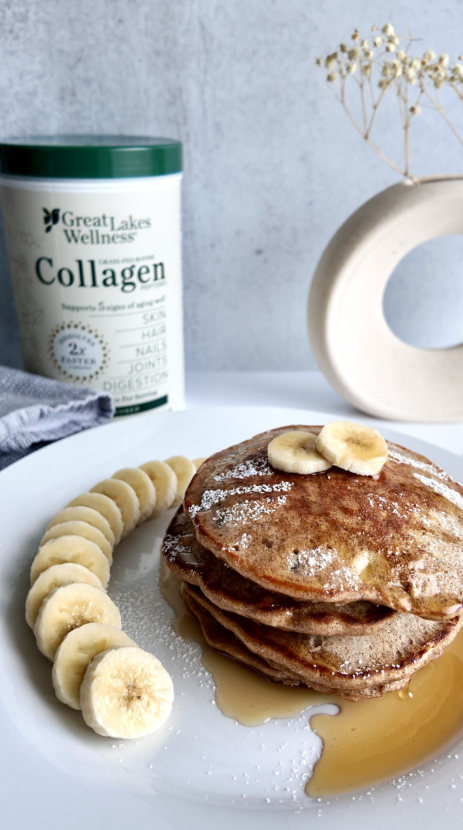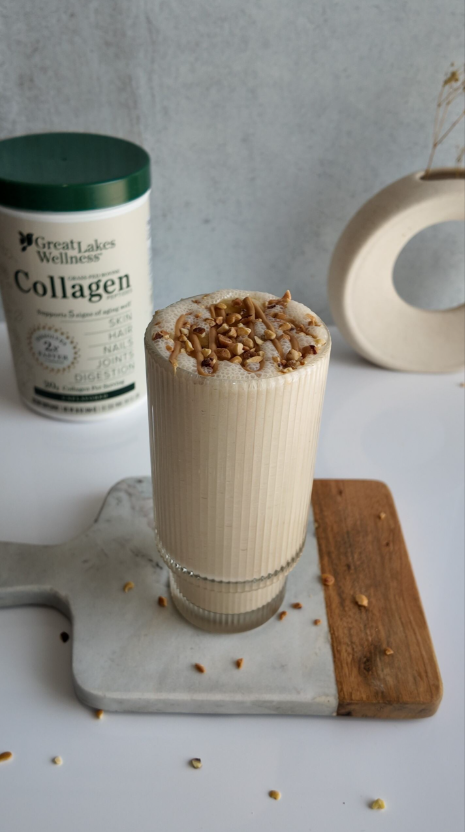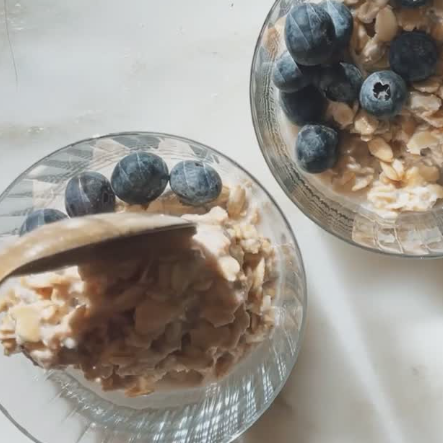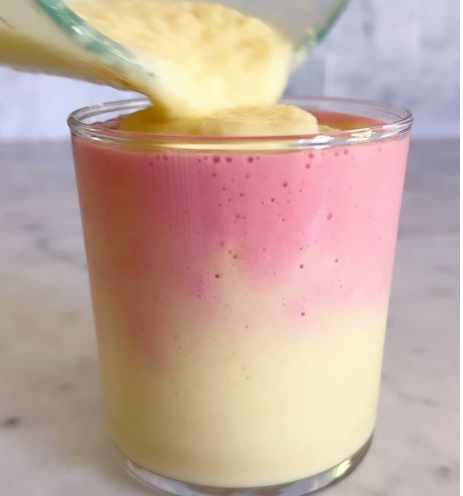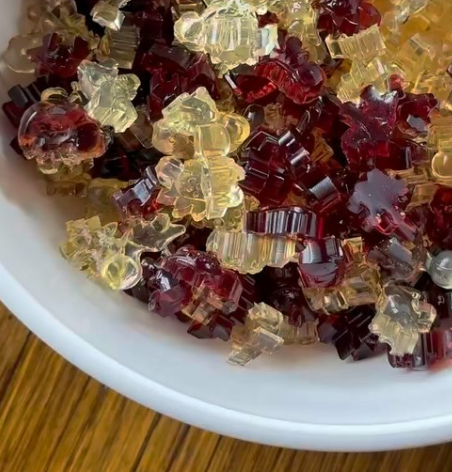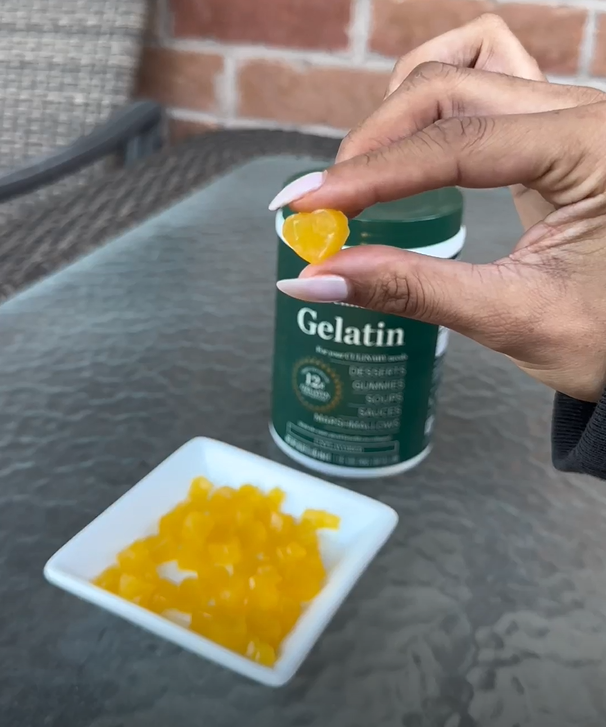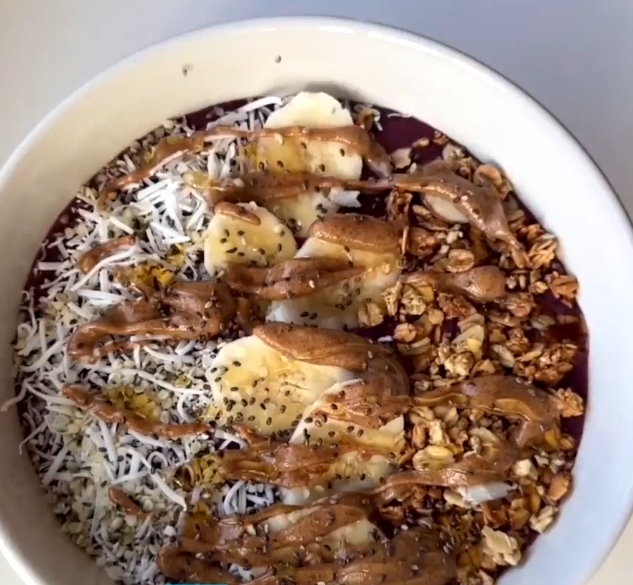The Paleo lifestyle is not just about diet but also includes the importance of sleep, stress management, physical activity and connecting with family and friends. Diet is critical to our overall health but there are many elements that affect health. The idea behind living a paleo lifestyle is that it may help to regulate the immune system, improve insulin sensitivity, balance our hormone levels, stabilize mood and improve gut health.
Paleo 101
Diet: The paleo diet is based on eating foods that were presumably available to consume during the Paleolithic era. The paleo diet eliminates the consumption of empty calories and emphasizes eating nutritionally dense, whole, natural foods. The idea is to eliminate foods that have additives, preservatives and chemicals. This diet focuses on the intake of non-starchy vegetables, fruits, lean proteins (grass-fed or pasture-raised), healthy fats (including MCT oil, coconut oil, avocado oil), nuts, seeds, herbs and spices. Foods that are eliminated are grains including wheat, barley, rice, corn, dairy products, legumes including soy, peanuts and kidney beans, refined sugars, oils and any sort of fast food or junk foods.
Check out these Delicious Paleo Morning Glory Muffins!
Sleep: Adequate sleep affects the way our bodies deal with stress, it can impact hormone and neurotransmitter regulation and metabolism. It is recommended that adults get seven to nine hours of sleep a night. A few tips to aid in better sleep: make sleep a priority by setting a regular bedtime and sticking to it, create a restful environment to sleep in, limit daytime naps, increase physical activity, and manage stress so it does not interfere with sleep.
Stress management: Stress affects your health and can increase your risk of cardiovascular disease, depression, anxiety, obesity, digestive issues and headaches. Chronic stress increases inflammation within the body and interferes with the proper functioning of the immune system. Reducing your stress level is important for your overall health.

Physical activity: Getting your heart pumping is not only good for your cardiovascular health, it reduces your risk of obesity, diabetes and osteoporosis. Not to mention that it helps with your mental health as well as it may help you to have more overall energy – from all those endorphins. Exercise helps to increase your good cholesterol, reduce your blood pressure over time, improve insulin sensitivity and can help to reduce inflammation.
Relationships: People who feel more connected to family and friends tend to have less anxiety and depression. Positive social interactions improve social, emotional and physical well-being.

The pros of a paleo lifestyle:
- Weight loss is attributed to calorie restriction due to limited food choices rather than the benefits of the diet.
- A better regulated immune system, improved insulin sensitivity, mood stabilization
- Also, some reports show better cardiovascular and metabolic health, although more studies need to be done.
The cons of a paleo lifestyle:
- Deficiencies in calcium and vitamin D because dairy products are eliminated, which can lead to issues with bone health and bone density down the line.
- This way of life may be difficult to maintain over the long run.
- Other side effects may include weakness, diarrhea and headaches.
Only you will know if the paleo lifestyle is the right decision for you, but I urge you to start taking control of your health and doing your own research as to what you are putting into your body. It will be one of the most impactful things you ever do in your life.



